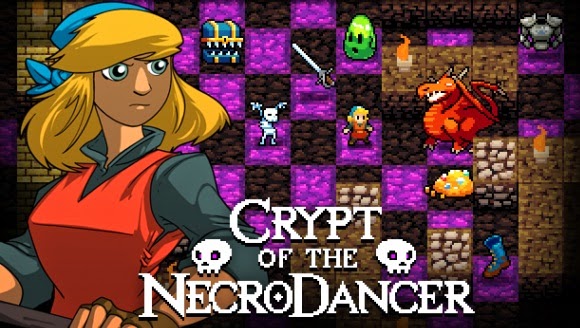Card games are heavily based on math. Though much of it is probability, over time, it becomes a game hugely based on skill.
After dinner with a friend from High School whom my friends and I have had lost all contact with until recently, we all headed back to my place to hang out and talk. After about two to three hours of catching up we began to slowly run out of topics to converse upon and slowly we reached an awkward silence that was until someone mentioned if anyone had a deck of cards so we could play a few games to fight against the silence.
As they took out the deck of cards, people began to mention a few card games here and there such as Texas Hold 'em, 7 Card Stud, and Blackjack. As people were mentioning the card games, I began to wonder how many hundreds of different kinds of games you could play with a simple deck of cards.
The first game card game I ever leaned to play was way back in elementary school and the game was Gold Fish. The rules were pretty simplistic as it was mainly a game of chance back then as a 9 year old trying to familiarize myself with the 52 different cards. You basically had to hope that your opponents had the card that was necessary for you to win the game.
Strange enough, not everyone knew how to play the popular games that they played in the high rolling casinos of Sin City. However everyone did know how to play the game of Gold Fish. As cheesy or idiotic as it may have seemed to others, the game that was played by us was very sophisticated and extremely difficult to win. Over the years of our lives each and every one of us learned many different skills in which to help us succeed in life. We would use all the knowledge that we gathered from the past 4 years since our last big get-together. I still met up with them every now and then minus the one, but it has been literally nearly 4 years since we all met up as a big group.
Once all the cards were distributed, all of us took a quick look at our hands and began to find a way for us to win. Did I mention that the last 3 people had to pay for the coffee we were going to get after the game? With the sense of monetary value on the line, everyone took the game a bit more seriously than we should have. Actually, some took it a lot more seriously. It's not that we were cheap, but the fact of victory and sense of power even if it only lasted for as long as it took you to drink that cup of coffee was something that we all wanted.
Sadly, I did not come up on top to win the game but I was lucky enough not to end up on the bottom three. The person on top was a friend who was pursuing the goal of becoming a mathematician to teach other students the fun and joys of math. The next three who didn抰 come in last have had experience with card games and have been to Vegas at least twice in the last 3 months to test out their skills and luck.
The last three people who had to pay for the drinks for everyone were Liberal Art majors such as history. I kind of found it interesting that everyone who wasn't part of the last 3 all had majors based on mathematics and then realized how much of the game of poker was not just luck, but also based heavily on math.






 5 Reasons Why Link Should be a Woman
5 Reasons Why Link Should be a Woman Fix for Xbox 360 Slim Flashing red light on power button
Fix for Xbox 360 Slim Flashing red light on power button XCOM: Enemy Within Campaign Guide
XCOM: Enemy Within Campaign Guide Nintendo Wii U Holiday 2015 Gaming Gift Guide
Nintendo Wii U Holiday 2015 Gaming Gift Guide Beyond: Two Souls -- How Narrative Design Can Make a Game an Experience
Beyond: Two Souls -- How Narrative Design Can Make a Game an Experience